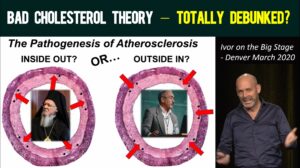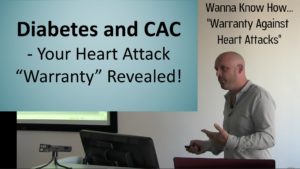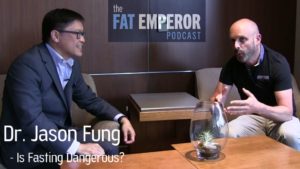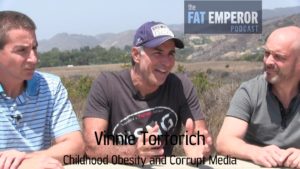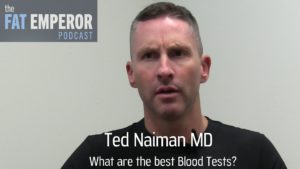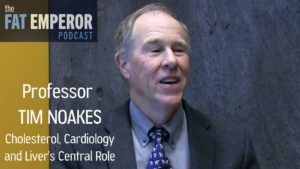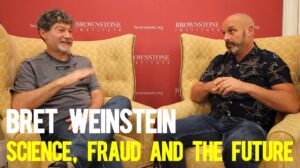Excellent research from Jim Johnson PhD and his team – on Pancreatic Cancer, but will leverage to others.
– verifying what we knew already, but hugely important to elucidate just the same.
“Respect Your Insulin” folks. Lower Your Insulin.
And we know now what types of dietary strategy achieve that goal.
Full paper available to peruse – click below:
Endogenous insulin contributes to pancreatic cancer development — Obesity and early-stage type 2 diabetes (T2D) increase the risk for many cancers, including pancreatic ductal adenocarcinoma (PDAC). The mechanisms linking obesity and T2D to cancer have not been established, preventing targeted interventions. Arguments have been made that hyperinsulinemia, hyperglycemia, or inflammation could drive cancer initiation and/or progression. Hyperinsulinemia is a cardinal feature of obesity and T2D, and is independently associated with PDAC incidence and mortality, even in non-obese people. Despite ample human epidemiological evidence linking hyperinsulinemia to PDAC, there is no direct in vivo evidence of a causal role for endogenous insulin in cancer in any system. Using mice with reduced insulin gene dosage, we show here that a modest reduction in endogenous insulin production leads to a ~50% reduction in pancreatic intraepithelial neoplasia (PanIN) pre-cancerous lesions in high fat diet-fed mice expressing the Kras G12D oncogene. The significant reduction in PanIN lesions occurred in the absence of changes in fasting glucose. Reduced insulin also led to a ~50% reduction in pancreatic fibrosis, suggesting that endogenous insulin drives PanIN development, in part, via its pro-fibrotic effects on the stroma surrounding acinar cells and PanIN. Collectively, our data indicate that endogenous insulin hypersecretion contributes causally to pancreatic cancer development. This suggests a modest reduction in fasting insulin via lifestyle interventions or therapeutics may be useful in cancer prevention. www.biorxiv.org

